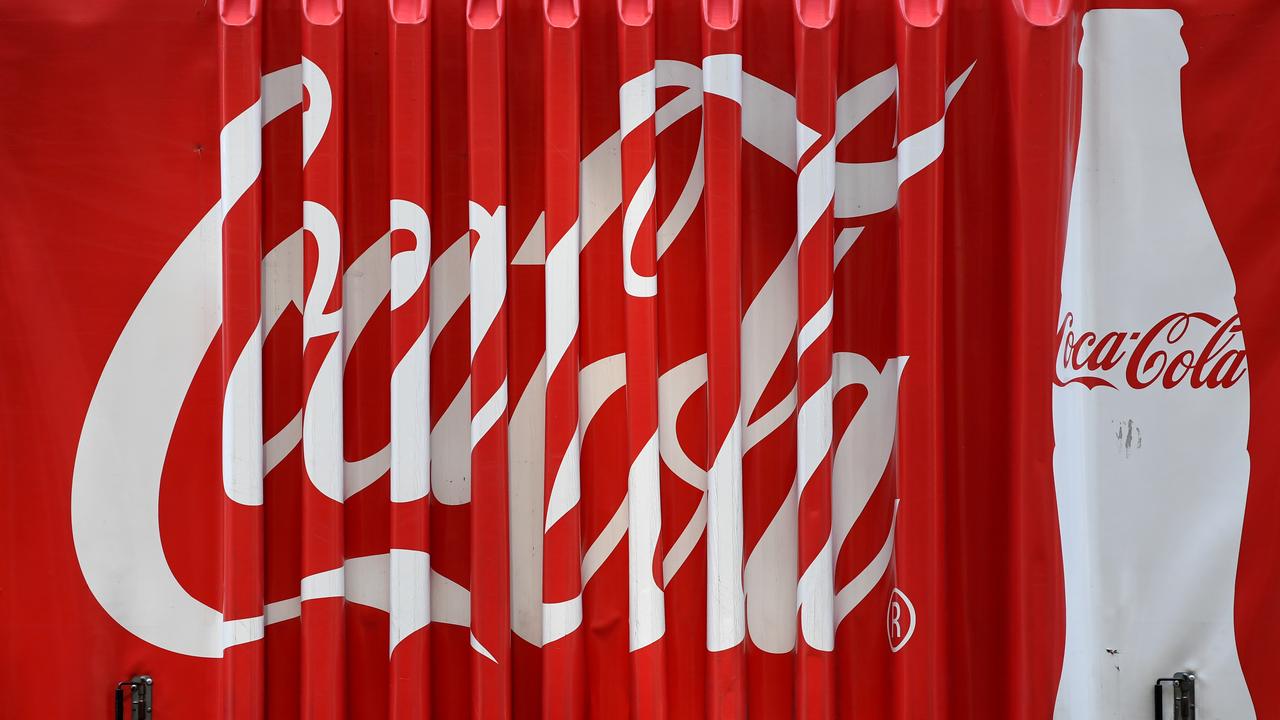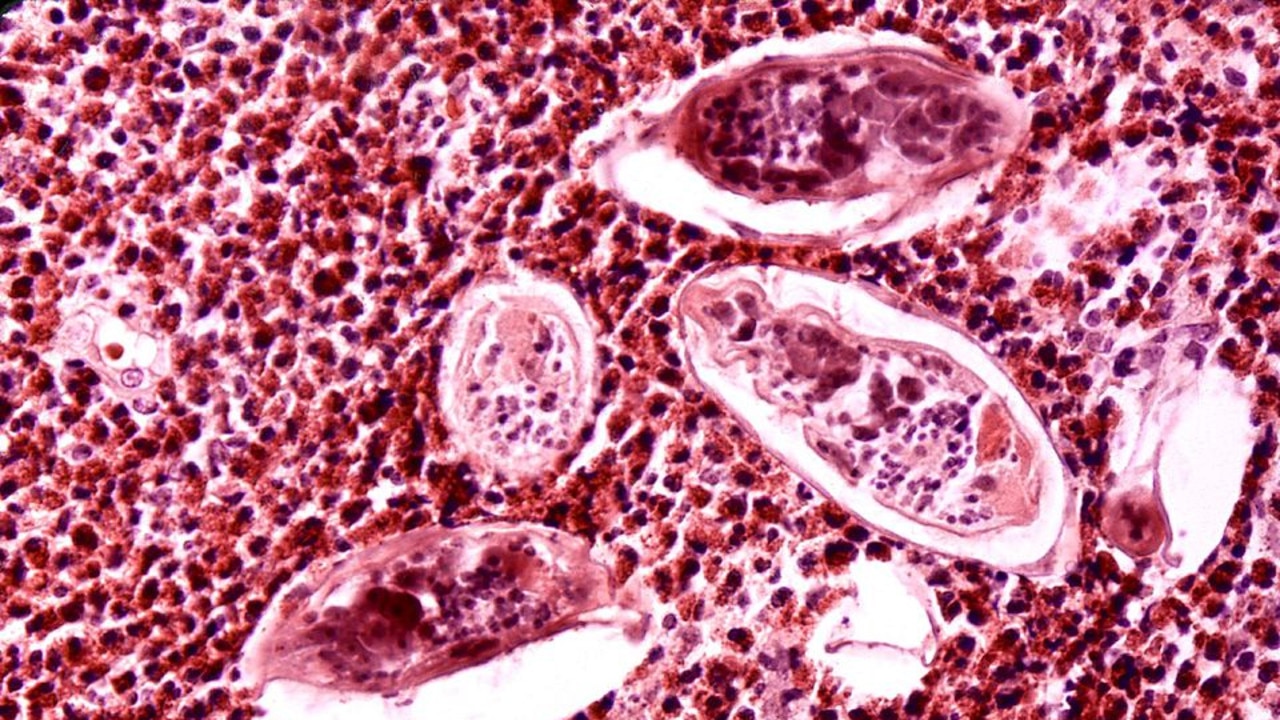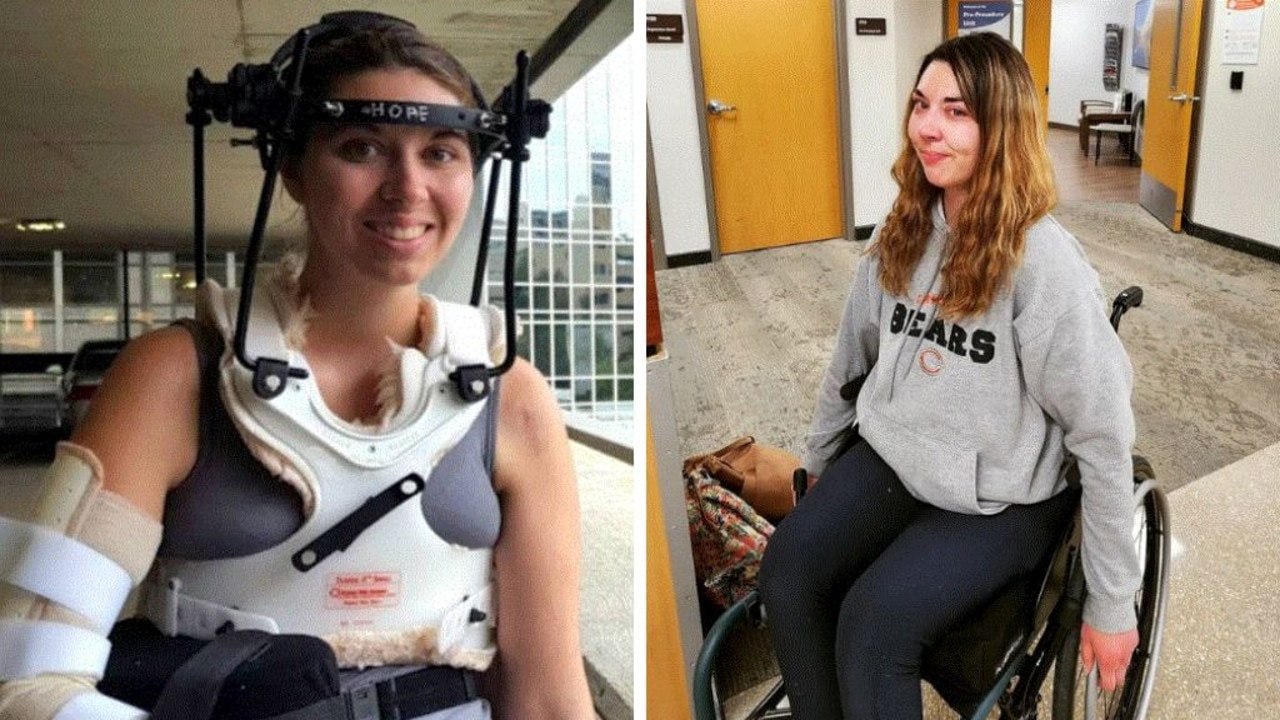Meningococcal B vaccination rejected by PBS but this family will do anything to protect their kids
IT ALMOST killed Aimee Burns’ son. Now she’s living on $20 a day to save for a vaccination against it. Does your child need protecting?
FEEDING a family of six on $20 a day while caring for a disabled child might sound like any other mother’s idea of hell, but for WA woman Aimee Burns, it’s the only way to avoid it.
As a 20-year-old first-time mum, Amy was terrified when her five-week-old son Cooper contracted Meningococcal B.
The rare disease, which affects only around 200 Australians a year, left Cooper in a life-threatening situation for months, followed by four years of full-time hospital care, when Ms Burns wouldn’t know whether her son would ever walk or talk.
Having survived the disease which kills one in 10 of its victims and permanently disables one in five, Ms Burns considers Cooper, now 12, “a miracle”.
“He’ll never drive, he can’t see beyond six metres, he has permanent muscle disability, ADHD and severe anxiety disorder,” she tells news.com.au.
“He’s amazing and we consider ourselves very lucky, but what this disease has already put us through is just devastating and I can't risk going through that again with any of our (other) children.”
It’s the pain that she’s already been through that’s led to the 32-year-old mum to save all she can of the Centrelink payment she and her husband both receive, so they can fork out $1700 tomorrow to have their three younger children immunised against the disease.
“It’s a lot of money. It’s a ridiculous amount of money. But we don’t have a choice,” she says.
“We’ve sold our TV, DVD player, we’ve reassessed our budget and figured that we can live on $20 a day and save for it.”
But for Ms Burns, it’s a no-brainer.
“No child, no family should have to go through this, especially when there is a vaccine readily available.”
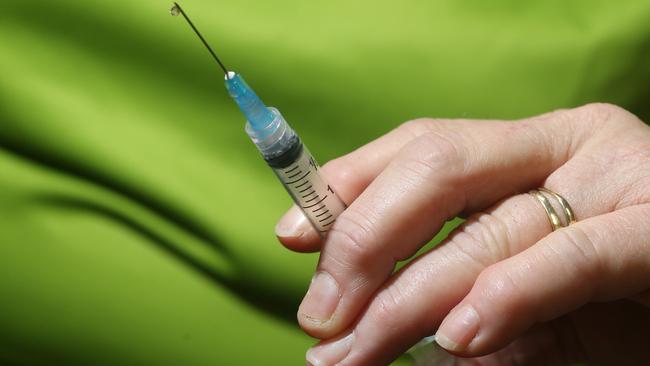
There is a prevention for Meningococcal B. It’s called Bexsero and as of March last year it’s been available to Australians, but at a hefty price. A baby will require four vaccinations at $125 before age two for full protection.
The reason it’s so expensive is because the government is not subsidising the drug. As of last Friday, it has been rejected three times for approval to be included on the PBS and the immunisation schedule, leading parents to question why it’s even available, and why GPs are recommending the drug.
But as it’s been approved by the Therapeutic Goods Administration, president of the Royal Australian College of General Practitioners Dr Liz Marles explains parents needn’t worry about how it will effect their kids.
The approval process, Dr Marles says, is a numbers game.
“Bexsero has been subsidised in other countries and in trials it hasn’t shown any unusual side effects. The data shows it’s about 75 per cent effective and the only concern is that it’s unknown how effective it will be long term, but that data will come in time,” she says.
“It’s an economic decision. It’s very rare, but for high risk groups which include very young babies and children that have immune system disorders it’s worth looking into.”
In handing down its decision on whether to include the vaccine on the National Immunisation Program Schedule, the Pharmaceutical Benefits Advisory Committee based its rejection “on the basis of a limited demonstrations of, and multiple uncertainties in relation to, the clinical effectiveness of the vaccine against the disease when delivered in a vaccination program”.
It also noted “approximately 272,224 individuals would need to be fully vaccinated to avoid one death”.
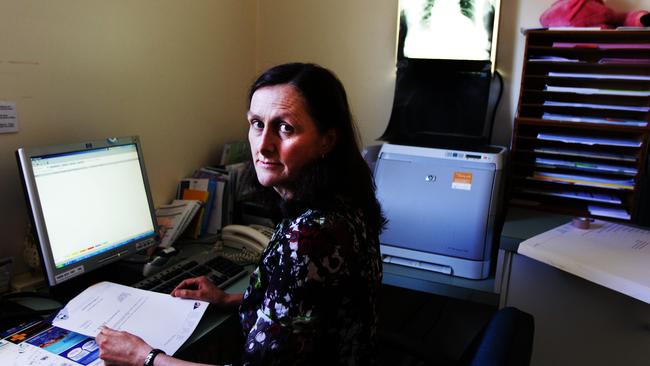
Former AMA president and GP Dr Steve Hambleton explained these numbers didn’t make subsidising the drug viable to be publicly funded.
“It’s very low risk and the cost is high. It’s not a major health concern. It’s very pleasing that they’ve developed the vaccine, but parents don’t need to feel bad if they can’t pay for their child to be vaccinated,” he said.
Regardless of the numbers, Ms Burns just can’t get her head around the fact that any children should die, or be severely affected, like her son, by a disease that can be prevented.
“We’re in Australia and we’ve lost six lives this year because this isn’t on the immunisation schedule,” she says.
“Most parents probably wouldn’t even know their child isn’t vaccinated against this disease. We’ve been through it and we know what it’s like.”


